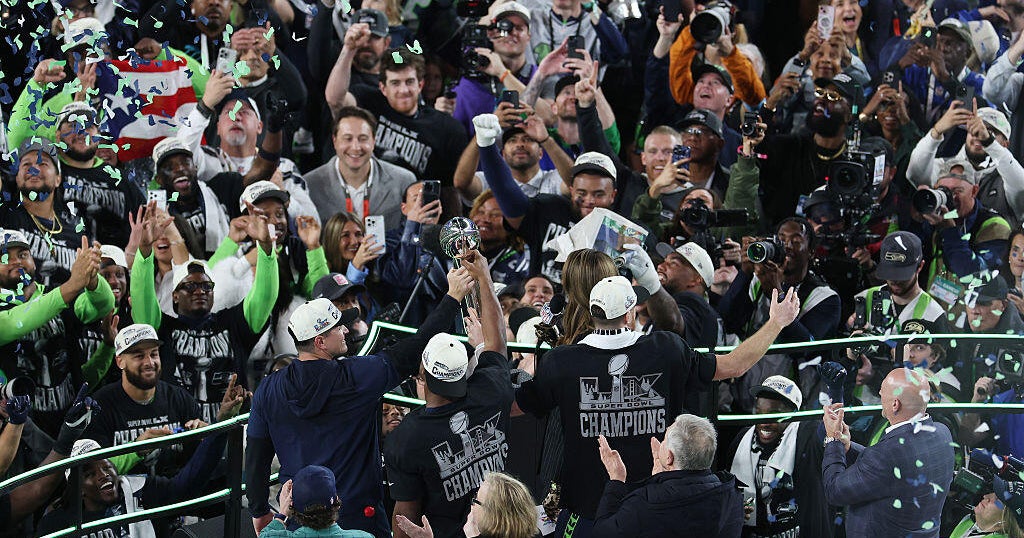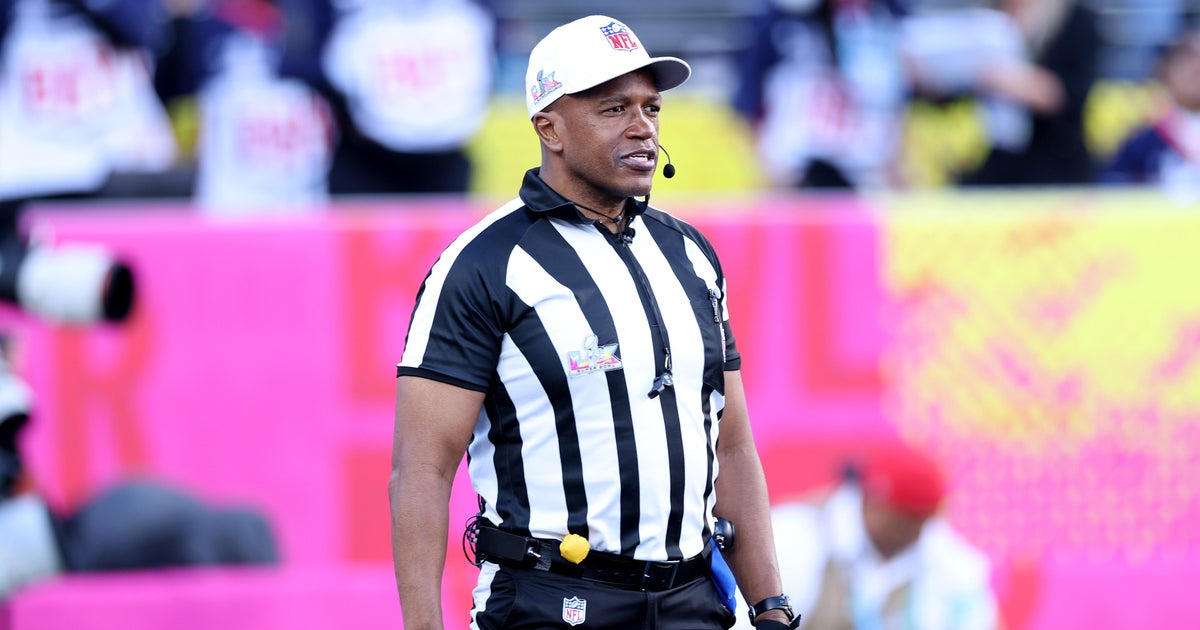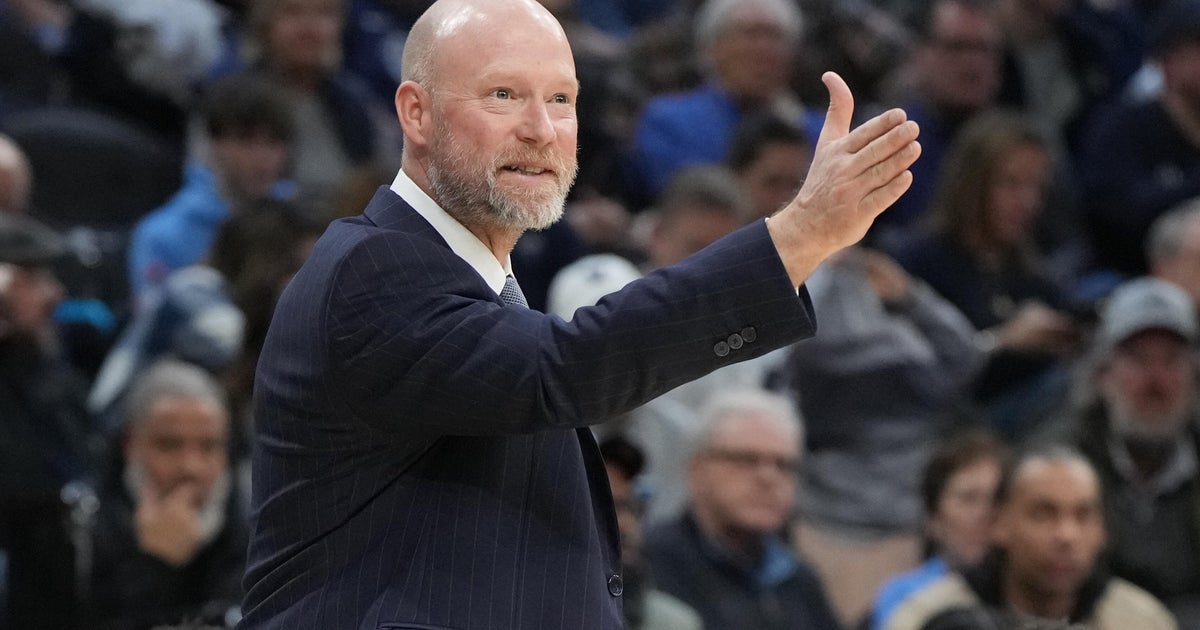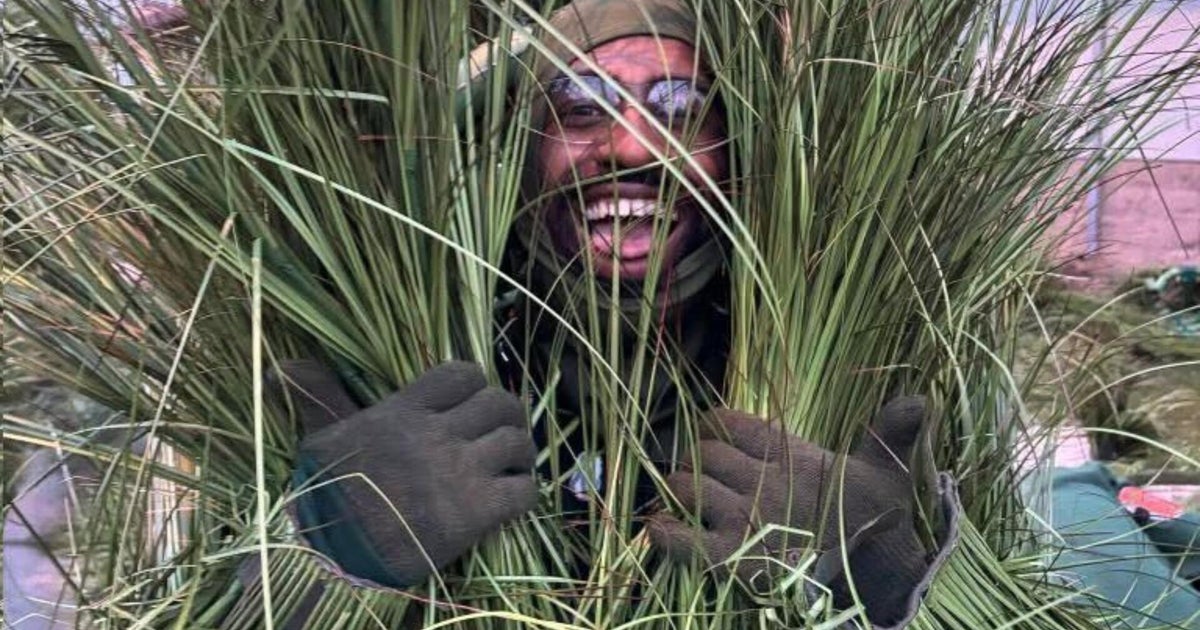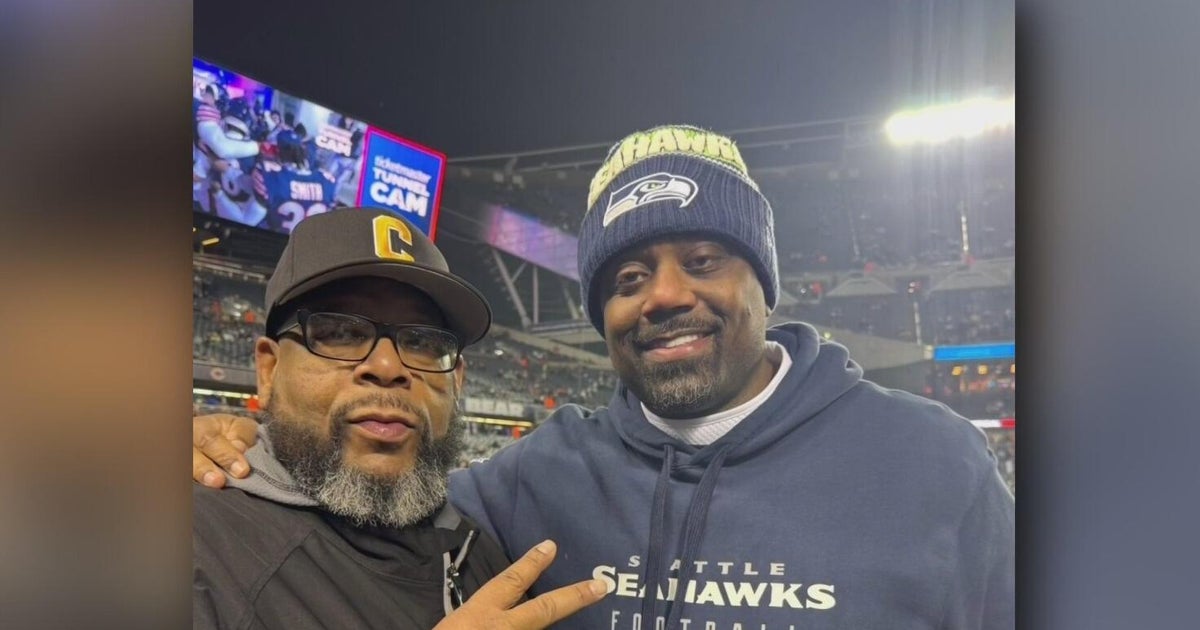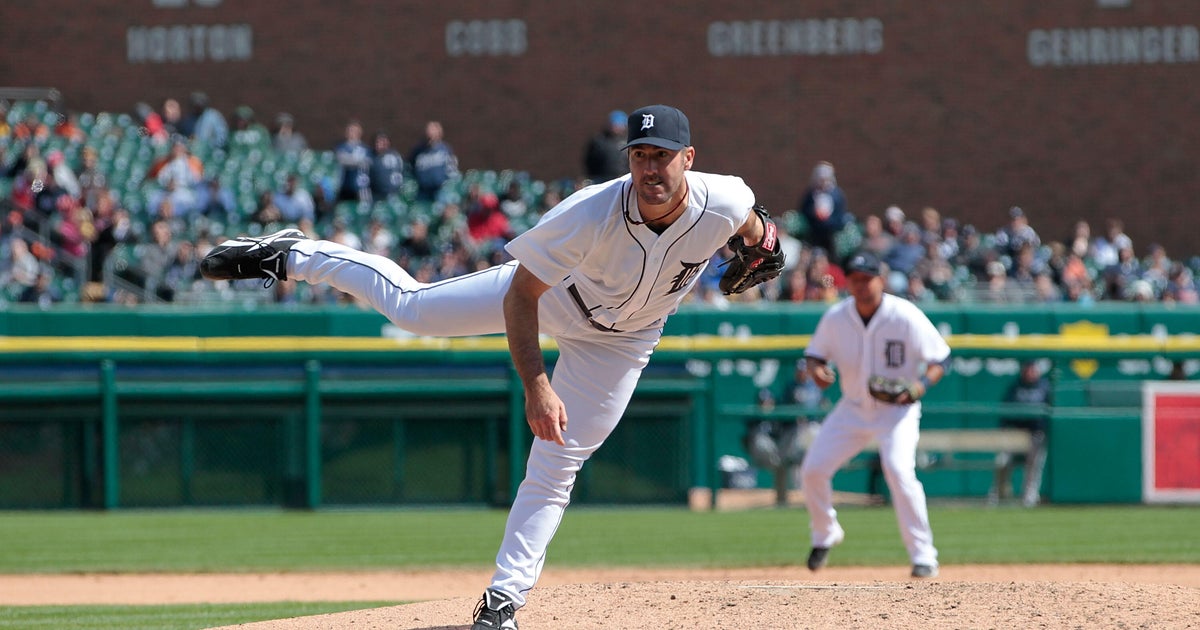Wisch: How 'Bountygate' Could Truly Harm The NFL
By Dave Wischnowsky –
(CBS) It's long since bumped Major League Baseball to No. 2 in the national pastime power rankings, has transformed the first Sunday in February into a sports holiday of truly super proportions and is estimated to have generated revenues of more than $9.5 billion.
In 2011 alone.
But despite all that clout, popularity and cash flow, could the NFL someday cease to exist altogether?
It's difficult to imagine such a scenario, to be sure. But, at the same time, it's not inconceivable. Not if the league is unable to wrap its collective head around the increasingly troubling topic of football-related head injuries and find some sort of suitable solution.
This issue, already a hot-button one, was only exacerbated last Friday when the NFL announced that an internal investigation has revealed that the New Orleans Saints – under the direction of former defensive coordinator Gregg Williams – employed a bounty system from 2009 to 2011 in which players were rewarded with cash bonuses for seriously injuring opponents during games.
The NFL's investigation into this "Bountygate" scandal is expected to expand to other franchises, and it's already generated a great deal of discussion online and on-air about whether such targeted violence is or is not that big of a deal in an already violent sport.
On the field, I'm not sure it is. But from this vantage point, I'd argue that isn't the biggest issue that the NFL is facing about bounties. Rather, it's how this issue could potentially impact the game in a courtroom that could have the most devastating effects.
Reason being, the emergence of "Bountygate" provides fresh fuel for the critics who already believe football to be too dangerous for young men to play. It fans their flames – perhaps rightfully so, considering high school and youth football players sustain more than 90,000 concussions annually – and gives these critics a reason to not only speak up, but also to actually be heard.
Beyond that, it provides fresh ammunition for those looking to file injury-based lawsuits against the league either now, or in the future. And it's such lawsuits that could potentially lead to the NFL's downfall.
In February, financial experts Tyler Cown and Kevin Grier co-authored an intriguing piece at Grantland.com that examined football's twin crises of CTE (chronic traumatic encephalopathy) and concussions from economic and social perspectives. In the story, the pair paints the picture of a doomsday scenario for Roger Goodell's favorite league.
"The NFL is done for the year, but it is not pure fantasy to suggest that it may be done for good in the not-too-distant future," Cown and Grier warn in their article, entitled: "What Would the End of Football Look Like?"
In the piece, Cown and Grier assert that, "The most plausible route to the death of football starts with liability suits." They then proceed to spin a hypothetical tale in which ex-players suffering from conditions such as CTE start winning judgments against the NFL, prompting insurance companies to stop insuring colleges and high schools against football-related lawsuits.
In this Armageddon scenario, football coaches, team physicians and referees become increasingly anxious about exposing themselves to lawsuits and start to steer clear of the sport. At the same time, a growing number of concerned parents also begin to keep their kids off the football field, resulting in a nationwide domino effect would ultimately dry up the NFL's feeder system.
Eventually, advertisers and networks fearful of bad publicity and the possibility of being named as a co-defendant in lawsuits opt to break ties with the league, and the mighty NFL begins to totter.
"This slow death march could easily take 10 to 15 years," Cown and Grier write. "Imagine the timeline. A couple more college players – or worse, high schoolers – commit suicide with autopsies showing CTE. A jury makes a huge award of $20 million to a family. A class-action suit shapes up with real legs, the NFL keeps changing its rules, but it turns out that less than concussion levels of constant head contact still produce CTE. Technological solutions (new helmets, pads) are tried and they fail to solve the problem. Soon high schools decide it isn't worth it."
College conferences then follow suit and opt to drop the sport as well, resulting in a marginalized NFL that rapidly loses market share as top athletes flock to less dangerous sports, boosting the popularity of other games and leagues.
Now, is that an apocalyptic vision of the most extreme proportions?
Well, to say the least.
But, the truth is, just because the NFL is so dominant right now, doesn't mean it always will be. After all, at the dawn of the 20th century, horse racing and boxing were America's two most popular sports. And, well, they certainly aren't today.
Empires – from sports to military to media – have risen and fallen throughout history, so it's not impossible to imagine an increasingly safety-conscious and litigious American society ultimately finding a way to spark the demise of football.
And once upon a time not all that long ago, people thought little about the dangers of smoking or driving without wearing a seatbelt. Today, however, laws about driving safety and lawsuits against tobacco manufacturers are commonplace.
In light of all that and the pitfalls that the NFL could potentially face some future day, I'd warn that a safety scandal like "Bountygate" does indeed matter.
Just perhaps not in the way you might think it would.
If nothing else, Dave Wischnowsky is an Illinois boy. Raised in Bourbonnais, educated at the University of Illinois and bred on sports in the Land of Lincoln, he now resides on Chicago's North Side, just blocks from Wrigley Field. Formerly a reporter and blogger for the Chicago Tribune, Dave currently writes a syndicated column, The Wisch List, which you can check out via his blog at http://www.wischlist.com. Follow him on Twitter @wischlist and read more of his CBS Chicago blog entries here.
